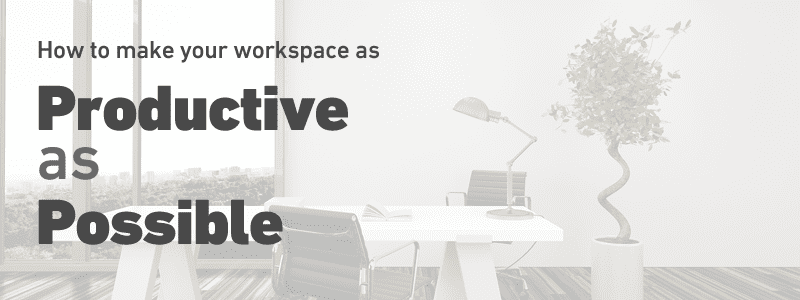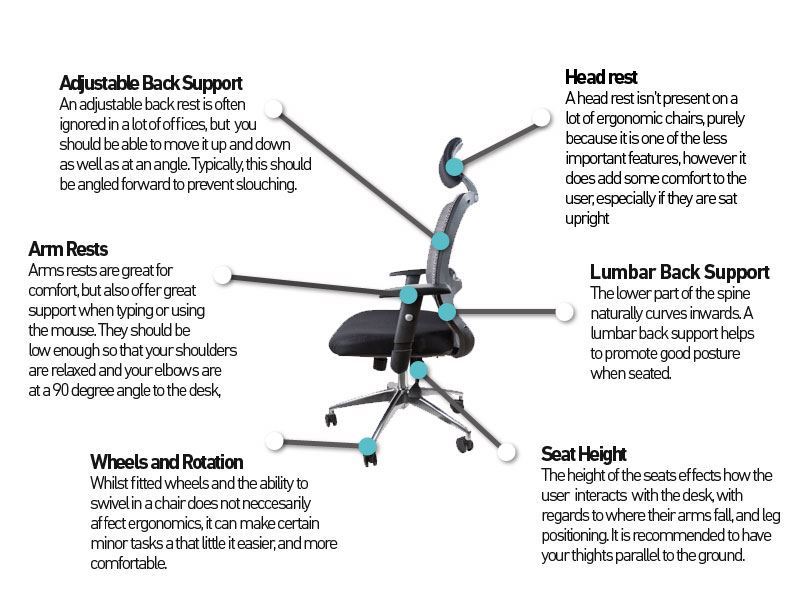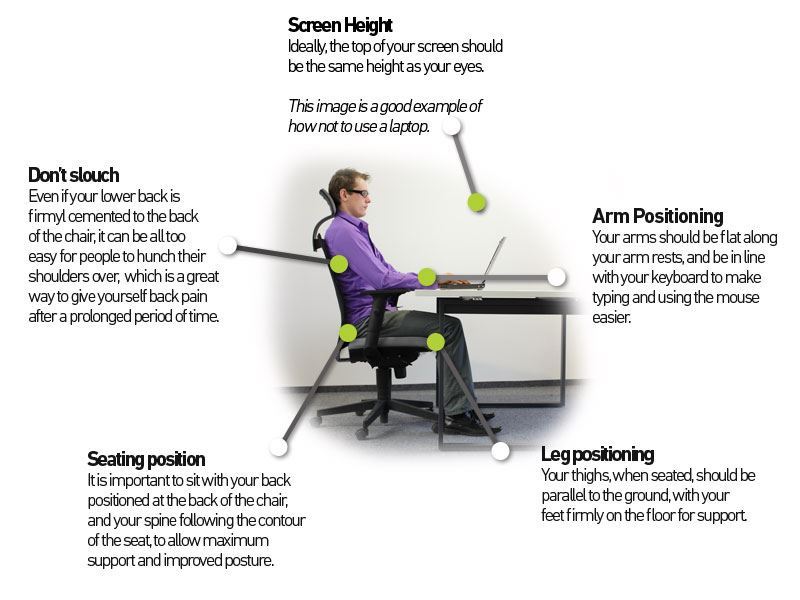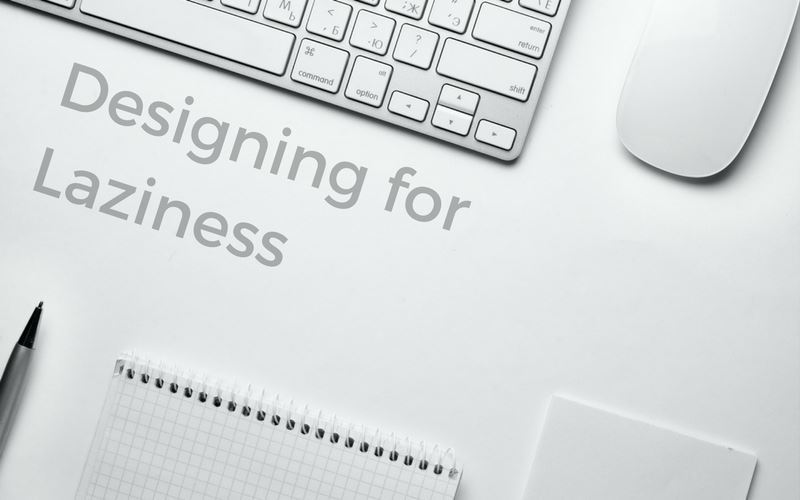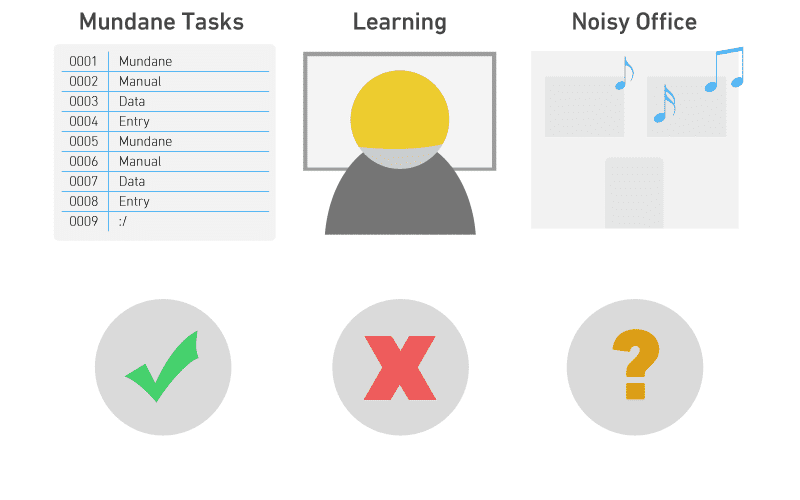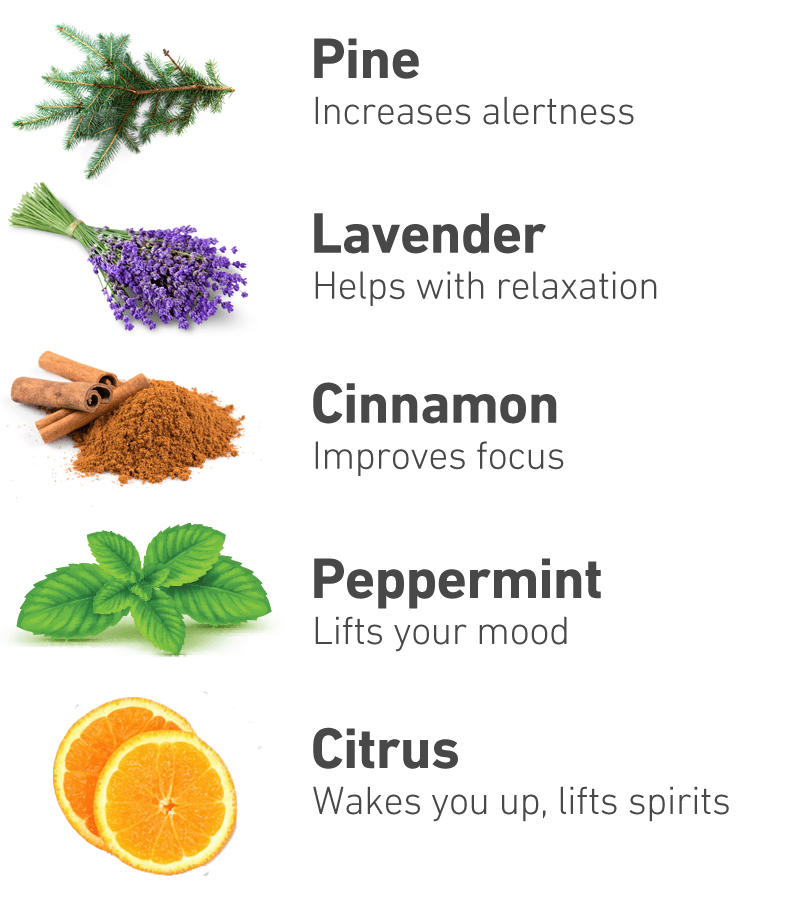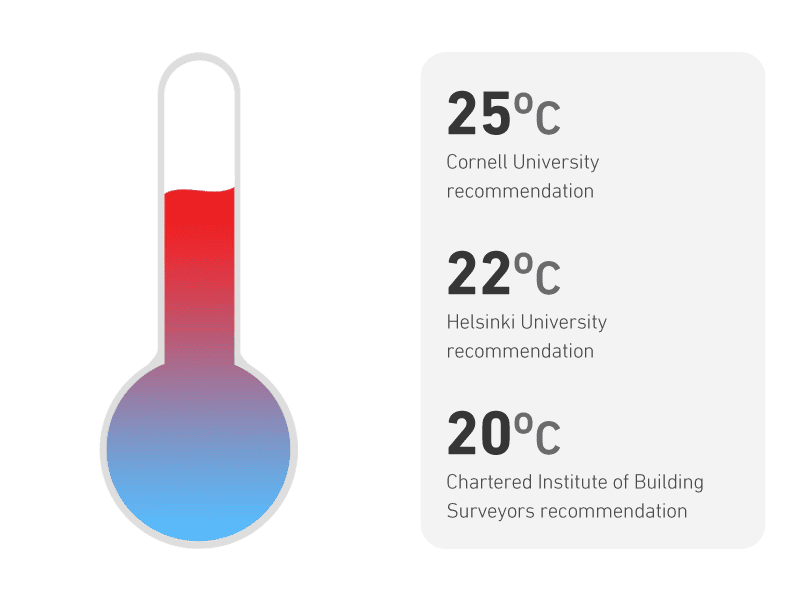We need space to be productive, we need places to go to be free. — Laure Lacornette
When striving for greater productivity, it can be all too easy to solely blame yourself, and think that focusing your thoughts and actions will miraculously make you more productive. Sometimes, not always.
Your surroundings and environment play a huge part in your productivity. They can be tweaked and fine tuned to enhance your productivity. Wherever you get the most of your work done; whether that’s in the office, at home, the local coffee shop or on the go from a laptop, there are little changes you can make to ensure you’re getting the most from your surroundings.
Here are some things you can try:
Colour
Colour plays a huge part in influencing your mood, and therefore how productive we are (or aren’t!). There’s no one super-colour that you can drown your workspace in and reap the productive rewards. Each individual colour offers it’s own unique qualities to help you get in the right frame of mind for your work. Having said that…
Red is often hailed as the most stimulating colour, but can also carry strong negative connotations such as aggression or fear. Therefore, one of the most effective colours for promoting productivity is said to be yellow.
Yellow…
is known for carrying the same stimulating qualities as red, but without the negativity. It is cheerful, high spirited and bright. It does not carry the same calming and soothing qualities as blues or greens, which can easily be seen as a good thing, where productivity is the goal.
Clutter-free
You may not be able to control the amount of space you have when you’re working. After all, if you’re allocated a desk, you need to stay within the confines of it. This doesn’t mean you can’t manage your items better to make this space work for you.
Kill the clutter.
A messy desk (Or, a creative desk, as some put it) hinders your ability to focus. It stops you from properly absorbing information and relaying it back into your work due to subliminal distractions. Clutter competes for your attention, leading to lower performance and an increase in stress.
Getting rid of clutter isn’t as easy as it sounds. After all, 90% of the things on your desk are there for a reason – you use them, and surely getting rid of what you use is a perfect way to hinder productivity? One easy method that can ease you in gently is to remove or stow away your least used item for that week. Scrap paper that’s been there for months? Store it. The pot of 60 pens staring you in the face even though you always use the same one? Store it away. Etc, etc.
Ergonomics
Are you sitting comfortably? No? You may have found your issue. Whilst the world of ergonomics can be a bit of a rabbit hole of tweaks and changes you can make, there are two main players: how you sit, and your position relative to your desk.
How to set up your chair:
How to position yourself correctly:
Hide temptations
When faced with difficult tasks, it can be all too easy to opt for an easier path. It’s not that you’re inherently lazy, but that your brain is taught to conserve energy and make subconscious decisions for you based on how hard or easy it is.
The idea behind this is you can increase productivity by making it easier to do what you want (or need) to do, and harder to what will distract you. Stanford professor and psychologist BJ Fogg calls this “Designing for laziness”
Let’s give an example: If you’re faced with a difficult task and your phone is sat face up staring you in the face, you’re likely to pick it up and procrastinate with it. It is so easy to avoid doing the difficult task, that you’re setting yourself up to fail.
You don’t actually want to use your phone, it’s just there. Take the same scenario, where your phone is turned off in your drawer – you’re almost certainly not going to bother opening your drawer and turning on your phone just to avoid doing work. Writing the next few words of your blog is the easiest course of action in this instance.
The same applies with site blockers, that limit what sites you can and cannot visit. Of course, you know how to turn off your site blocker and hop straight onto Facebook, but those extra steps required make it so much easier to start your work. Rooting around in your browser settings, disabling extensions, then booting up Facebook is much more difficult than just doing your work.
Sonic assistance
The soundtrack of your workday can have a huge impact on your productivity. By leaving your ears exposed to the elements, you could be seriously harming your ability to focus. Studies show that intermittent speech can have an incredibly negative impact on concentration.
Plugging your earphones in, in the office, can often seem like a counter-productive move. You isolate yourself, miss out on workplace chatter and potential ideas and are less tuned in to the outside world. However, that’s the idea. Certain types of music help to tune us out to any distraction, and increase focus on the task in hand.
For mundane tasks such as data entry, replying to emails, repetitive tasks, music is often effective at increasing output, by helping fight the effects of boredom, fatigue or distraction.
Music for learning isn’t a great idea. When learning something new, we’re trying to absorb new information. Music, no matter how subtle, distracts the mind from the task at hand, challenging it to multi-talk on registering the audio feedback and learning the task.
Music for the noisy office can be ideal for drowning out or softening the sound of noisy co-workers, printers, sirens outside and more. However, it does leave you exposed to be the colleague nobody can get hold off, resulting in a mass of waving arms.
Read more here: How Does Music Affect How We Work?
Your problem may not be needing to use music to focus, or to drown out excessive noise. It may be more a matter of needing background noise in an otherwise deafeningly silent environment. There are tools available online to create background or ambient noise to help you concentrate. Noisli is one example, which allows you to mimic the sound of a coffee shop, open fire, rain, bird song, woodlands, streams and more (or all together!)
Smell
Smell might be the last thing you think of when curating your workspace for productivity, but the subliminal benefits of certain smells is a small but potentially boosting factor.
There are ~5 million receptors in the human nose, compared to around 200 million in a dog’s, however our sense of smell is enough to trigger certain feelings, emotions and boosts, and can impact everything from dreams, driving, stress and even pain.
There are 5 key smells that can help with productivity, and they’re Pine, Lavender, Cinnamon, Peppermint & Citrus.
Temperature regulation
Temperature plays a huge part in our productivity, because it is linked all too closely to comfort. If you’re not comfortable, you can’t expect to be at the height of productivity. If you work in a communal office, it’s difficult to regulate a steady temperature. Some find it too cold, whilst others are directed a fan firmly at their face. In the summer, 50% of people find their office too hot, whereas in the winter, 52% find it to be too cold.
We’re all different, which makes things complicated, but not unworkable.
Even the experts disagree on the ideal temperature:
- 20℃ – Chartered Institute of Building Surveyors recommendation
- 22℃ – Helsinki University recommendation
- 25℃ – Cornell University recommendation
Embrace Nature
You are, at heart, a biological creature. Whilst you may not notice it so much, your mood is deeply affect by how much, or little, access we have to the natural world.
In an office, where you have little control individually over architecture, decor or views, it can be hard to tailor your workspace to suit your needs.
How you can embrace nature:
- Open up some windows
- Crack the blinds
- Bring in pictures of the outside world
- Change your desktop to something natural
- Take walks at lunch
- Add some foliage to your desk*
*Research shows that having live plants in your office makes you more productive, happier and less stressed.
Dual Screen-it
Working with two screens (or three, or four!) is far more productive than one alone. It allows you to reference documents whilst working in others with greater ease. It’s less about doing two things at once, and more about giving yourself the space to be more flexible with your work.
Back
